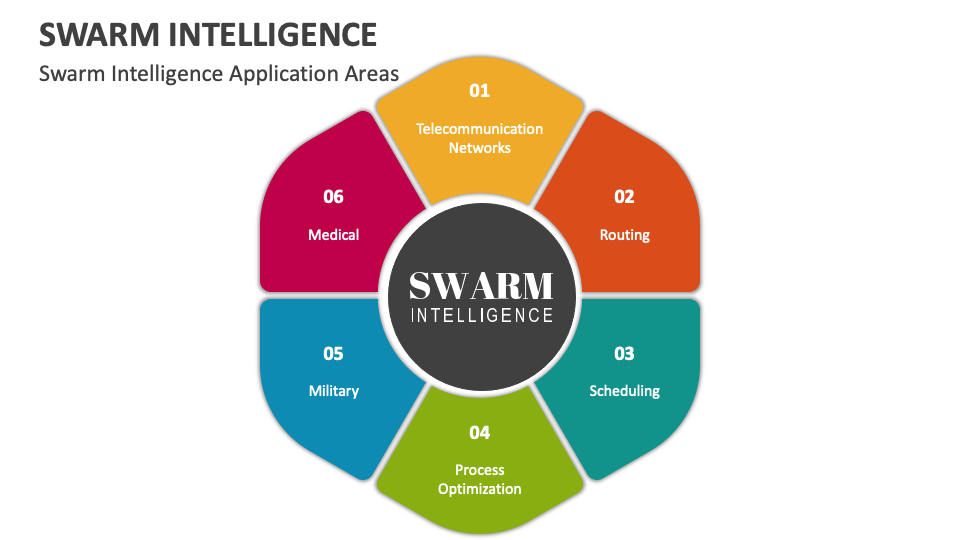Swarm Intelligence: The Secret Tech of Ants and Other Species That Could Change AI
Nature has long been a source of inspiration for technological advancements, and one of the most fascinating models comes from a surprising place—ants. These tiny creatures exhibit a form of decentralized problem-solving known as swarm intelligence, which allows them to navigate complex environments, allocate resources efficiently, and make collective decisions without a central authority. However, ants are not the only species that demonstrate this remarkable ability. Bees, termites, fish schools, and bird flocks also showcase swarm intelligence in action. Scientists and engineers are now leveraging the principles of swarm intelligence to revolutionize artificial intelligence (AI) and robotics, potentially transforming fields such as logistics, traffic management, and even space exploration.
What Is Swarm Intelligence?
Swarm intelligence is a system where simple agents interact with one another and their environment, leading to the emergence of complex behavior. Unlike traditional AI models that rely on centralized processing, swarm intelligence operates through distributed computing, meaning each individual unit (or agent) follows simple rules without direct oversight. Ant colonies are a prime example: individual ants have limited cognitive abilities, yet together they efficiently find food sources, build intricate nests, and defend against threats. This is achieved through local interactions, pheromone-based communication, and adaptive decision-making.
Other species also exhibit swarm intelligence in remarkable ways. Bees use complex waggle dances to communicate the location of food sources, while termite colonies build elaborate mounds through coordinated labor without a leader. Schools of fish move in perfect synchronization to avoid predators, and flocks of birds adjust their movements collectively to maintain formation and conserve energy.



Applications of Swarm Intelligence in AI
Researchers and engineers are applying swarm intelligence in various AI-driven domains. Here are some key areas where this approach is making a difference:

1. Optimizing Traffic and Transportation
Swarm-based algorithms help control urban traffic by mimicking how ants find the shortest path to food sources. AI-driven traffic lights, inspired by ant colony optimization (ACO), can adapt to real-time traffic conditions, reducing congestion and improving travel efficiency.
2. Enhancing Robotics and Automation
Swarm robotics, inspired by ant behavior, is changing the way robots collaborate. Instead of relying on a single, highly intelligent robot, engineers design groups of simple robots that work together to complete tasks, such as warehouse automation, environmental monitoring, and search-and-rescue missions.
3. Revolutionizing Supply Chain Management
Ant-inspired AI helps optimize warehouse logistics by determining the most efficient paths for transporting goods. Companies like Amazon use similar algorithms to streamline inventory management and order fulfillment.
4. Advancing Space Exploration
NASA and other space agencies are exploring swarm robotics for planetary exploration. Multiple small, autonomous robots could be deployed to explore Mars or asteroids, working together like an ant colony to map terrain and search for resources.
The Future of Swarm Intelligence in AI
As AI continues to evolve, swarm intelligence offers a promising alternative to traditional models. Instead of relying on massive computing power and centralized control, AI systems based on swarm intelligence can become more resilient, scalable, and adaptable. Future applications may include decentralized financial systems, smart energy grids, and even AI-driven medical diagnostics.
Ants, bees, termites, fish, and birds have all inspired some of the most advanced developments in artificial intelligence and robotics. By studying and applying swarm intelligence, researchers are developing AI systems that are more efficient, flexible, and capable of solving complex problems. As technology advances, the wisdom of these collective organisms may hold the key to a smarter, more decentralized future in AI.